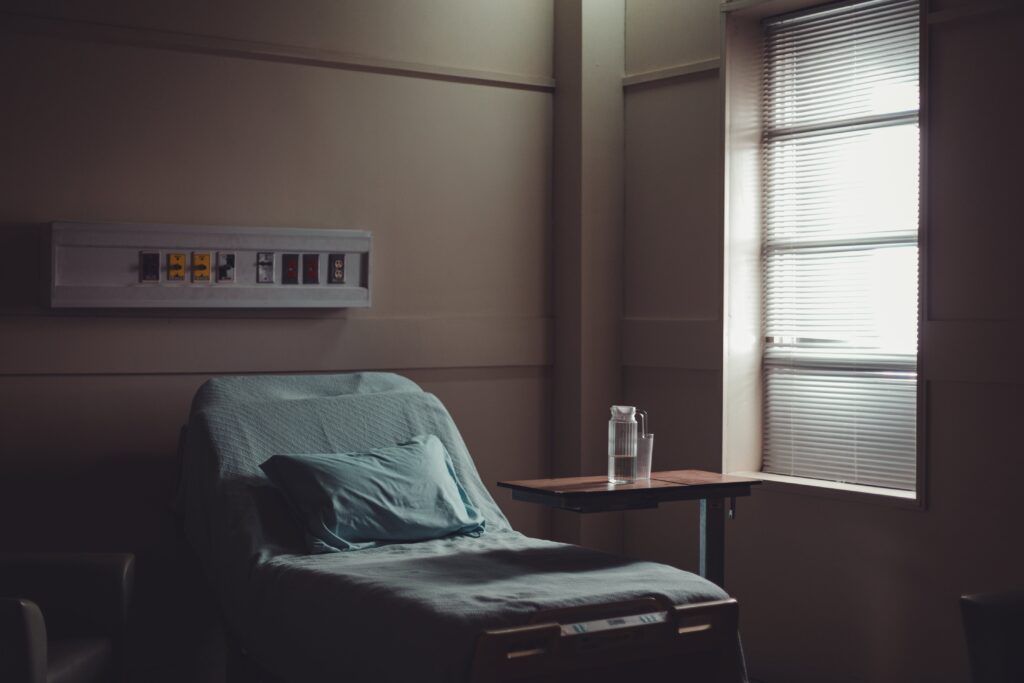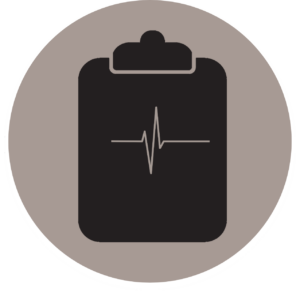CLINICAL SUMMARY:
A 75-year-old male arrived at the Emergency Department with fevers, body aches, shortness of breath and chills. The patient had a medical history of Type 2 diabetes, hypertension and chronic urinary retention for which he self-catheterized. Additionally, the patient had diabetic peripheral neuropathy being treated with gabapentin, and he presented with elevated creatinine, likely consistent with kidney disease Stage 3. Treating physicians checked basic labs, performed a urinalysis and a chest X-ray, a computed tomography angiogram (CTA) and an abdomen/pelvis CT. Tests revealed sepsis from a urinary tract infection and a non-ST-elevation myocardial infarction (NSTEMI). Test results also showed initial lactate of 7.2, procalcitonin minimally elevated, and D-dimer elevated to 3570.
Additional labs & vitals were reported as follows:
- WBC 5.50, RBCs 5.03, Hgb 15.0, Na 140, K 4.5, BUN 19, Cr 1.33, Glu 150-201
- Trop 359, 577, 773
- PTT: 23.0
- Urine Culture: (+) Klebsiella oxytoca
- EKG: NSR, rate 99. RBBB and LAFB. Inferior infarct, old.
- CXR: no acute process
- CT abdomen/pelvis: negative
- CTA chest: negative for pulmonary embolism
- Urinalysis: 6-10 RBCs, 51-99 WBCs, Positive nitrite, 1+ leukocyte esterase, 4+ bacteria, 0-5 Epi cells.
The patient received one dose of IV Rocephin after which he began to feel better, however, he remained tachycardic and febrile. The hospital admitted the patient for further evaluation and treatment. The patient began IV Heparin and received aspirin, and doctors strongly recommended the patient stay for 48 hours of anticoagulation and monitoring. However, the patient, feeling better and asymptomatic the next morning, was adamant about leaving and signed out against medical advice (AMA). Doctors continued the patient on aspirin, statins and beta-blockers, and advised him to return if he experienced recurrent chest pain or shortness of breath. Doctors ordered an echocardiogram, but the patient did not want to wait.
 INPATIENT STAY DENIAL
INPATIENT STAY DENIAL
The Medicare Advantage plan denied the inpatient stay as “not medically necessary.” The denial letter stated that to qualify for admission, evidence-based clinical guidelines require one or more conditions– listed as unstable vital signs or mental state, a spreading infection, acute kidney failure, related symptoms that do not resolve or a complex medical procedure – must persist past the observation period. The payer stated that despite having a urinary tract infection (UTI) and a mild heart attack, symptoms resolved, and the patient elected to leave AMA. The denial letter concluded that the patient received incomplete care and did not qualify for an inpatient admission.
 THE APPRISEMD METHOD
THE APPRISEMD METHOD
AppriseMD’s utilization management physician advisor completed a peer-to-peer discussion with the payer’s medical director regarding the denial. The physicians discussed the case, including the diagnosis of an acute UTI, severe sepsis, elevated lactic acid and a significant rise in troponins up to 773. AppriseMD pointed out that the patient started IV antibiotics and IV Heparin. Finally, the physician advisor reiterated that on hospital day 2, cardiologists recommended medical management, but the patient left AMA. The payer overturned the denial given the likelihood of ongoing treatment if the patient had stayed. In the end, the payer approved the inpatient level of care despite a one-night stay.


 INPATIENT STAY DENIAL
INPATIENT STAY DENIAL THE APPRISEMD METHOD
THE APPRISEMD METHOD